Hayley Dawson started her naturopathic career while living in an isolated rural area, and she wondered how she could make it work. But by thinking outside the box, she developed a practice that fits her life and created an amazing annual event drawing attendees from far and wide.
Today, she shares her journey from feeling isolated and limited by her circumstances to a thriving remote practice and a growing annual event supporting rural communities.
Meet Hayley Dawson
Hey everyone, and welcome to another episode of the Natupreneur Movement.
You know I’m always excited, but I’m really excited to speak to today’s wonderful guest!
I was immediately inspired when I first came across her because of her commitment to her community and her willingness to have courageous moments and conversations and to step into something that she hadn’t ever created before. When I started to get to know her, her love of the land became very obvious. So I am happy to share the awesomeness of Hayley Dawson with everybody today.
T: Hey, Hayley!
H: Hi, Tammy. Thanks so much for having me on. That was a pretty lovely introduction. I totally remember after this phone call something that stuck with me in my heart. It’s so awesome to see how things have grown in the past two years.
T: Yeah. And it’s only two years. It’s so inspiring.
When I first spoke to you, you were juggling what to do about multiple different locations, getting your next client, and things like that. Now, only two years later, you have created an annual sold-out event for the rural women of, at the moment, Victoria but it’s possibly going to go nationwide.
It’s an extraordinary feat to pull together an event! I mean, coming from a person who’s just created a massive event herself. I would love to get a bit more of the background on how this whole idea came about for you.
Becoming The Rural Naturopath
H: Well, I’ve been a Naturopath for three years. Two years ago, I was at a sticking point where I wanted to throw my hands up because I didn’t have the same opportunities living in the country as people in the city do. I live on a farm so I’ve got to travel a long way to even get to town.
T: So let’s just go back for a second. You live on a farm. How many animals do you have on your farm?
H: About 15,000 head of sheep.
T: 15,000 animals! It’s not just like a little farm. That’s a full understanding of what it’s like to live in a complete farm and rural setting in country Victoria. That’s a whole different way of thinking about the world. And then being able to think about other people’s health and well-being, as well. Sorry, I had to clarify that!
H: That’s all right! We were doing some sheep work on the weekend and we put some in the yards. I said, “Is that all that we’re taking to the new block of land?” And he goes, “Yeah, I think there’s about 1000 there. It pains a picture for me when I’m looking at it all the time. So it’s really cool to be picked up on those things and be grateful for the numbers and all of that as well. It comes into play in everything.
Finding Her Niche By Thinking Outside The Box
So anyway, two years ago I was at this tipping point where I just didn’t know what I wanted to do. I was just a general practitioner. I liked seeing patients but I didn’t have a niche area and I just didn’t really know what I wanted to do. There were a lot of emotional breakdowns and I was wondering if I could make this work or can I not.
I got in contact with you and you said, “Hayley, you’re just amazing. What you’re doing is awesome. Go down the line of helping those people in rural and remote areas.” So that’s my niche. It’s not necessarily the cases and the types of people that I’m saying, it’s more the location. That’s what I want to help. I want to help those people who are in agricultural areas, who don’t have access to naturopathic healthcare.
And that’s how the Rural Naturopath formed and began. Two years on, last year I ran a sold-out event for 140 women in my local area. This year, I’ve sold out of my early bird tickets. There are actually people from southern New South Wales coming to the event which I just didn’t tell you about. They’re travelling 600 kilometres to feel empowered, supported, and connected because women in rural areas just aren’t feeling that
It’s so amazing for my little vision that I wasn’t sure would work. After all that self-doubt, I just went for it. The obstacles that were thrown at me along the way were huge. But I just kept putting one foot in front of the other. I wanted to do it all but came back to the basics of putting one foot in front of the other. Tackling it step by step has helped me create an amazing community of women in rural areas who now feel supported, connected, and have an amazing outlook on my life and know that they can ask for help when they need.
T: I am so inspired by that! It’s just incredible. You’ve really brought together a much broader community than just your local area. The unique needs of the rural and remote are very unique. Can you tell us about some of the things that you actually help your community with that we wouldn’t know, as people who don’t necessarily work on the land?
Helping Rural Communities
H: Well, I spoke at our local community’s Australia Day function on the weekend about isolation. In the media, we speak about rural areas and mental health being a really major issue. For me and the patients that I’m seeing, yes, mental health is a massive issue. But I think as naturopaths, we want to get to the root cause of the issues.
Challenges Unique To Rural Areas
So when I look at someone and get their whole case history, isolation seems to be a big player for them. They might go to the doctor and get a diagnosis of, say, polycystic ovaries as an example or IBS. Then they go home and they don’t get the support or guidance or steps to start to improve their health. And then the isolation comes in because they’ve got no one to talk to about it. Then their mental health can be affected as well.
So that isolation is one of the biggest issues. And then we move into the lack of support. Because, even at my local GP clinic, we get doctors on maybe a six-month cycle. So you may find a really good GP but then they’ve done their rural location roster and they move back to the city. We don’t have that consistent care all the time.
Which is another big issue, that things don’t get picked up because they’re going from doctor to doctor to doctor. Some people feel like they aren’t supported because the doctors aren’t really helping them because it’s changing all the time. That loss of trust is an issue, as well.
There are so, so many issues. We could talk about chemical exposure and so many different things that affect people in rural and remote areas. But isolation and lack of support are really two things that I see a lot of that people struggle with.
The Rural Women’s Health Forum
T: And it can get even more isolating, not only geographically but also socially. It can become isolating when you don’t have anybody to talk to when you do have some type of condition going on. What you were just describing about the transient nature of many of the GPS during their locum out in rural areas and then leaving after six months. That’s where these amazing collaborations that you’ve put together for the event day are extraordinary. It’s not just you holding the event day, is it? You’ve got an amazing lineup of speakers from all sorts of health-related walks of life?
Collaboration Is Key
H: Absolutely. I am a massive believer in that collaboration. I work with a women’s health physio a lot. She’s one of my mentors and absolute best friend. And we talk about health being a collaborative approach. I don’t think there’s one health practitioner that’s going to fix all of your problems, in any situation. It is really coming back to that collaborative approach. So I love to work with GPs, physios, psychologists, personal trainers. All walks of the healthcare profession. We need that collaborative approach to be able to give patients the best possible care and treatment outcomes so they can get the results they want.
T: I love that! It’s amazing that you are utilising the whole team and the whole community to be able to help the community at large.
H: One of the main things with my event, as well, is that people might come to the event with a health issue or a health problem. But the idea also behind it is that they know they can call upon these people when they need them. Because if they’re just at home and something happens to their health, to their loved ones or things like that, they don’t know who to call. So if we can be proactive about the education side of it so they know there are people in their corner who can help them. It’s awesome to see.
Loving Her Work
T: I couldn’t agree more. NatEx is literally just around the corner and we’re lucky enough to have you coming to NatEx and that’s exciting! The theme of NatEx is Love Your Work, Love Your Life and Love Yourself. You’ve shared what you love about your work. What do you love about your life that, the way you’ve set up your practice, and how it fits in with the farm life that you have?
H: I love that I’ve set up a place that I don’t have to travel as much. It can take me 45 minutes to get to town and I don’t have to deal with traffic. I could drive 45 minutes and not see one car on the road. So I love that I’ve been able to work from home and help people from a rural location. I just was talking to a lady this morning and asked if instead of me coming tomorrow, would she mind if I see her online because I’ve had a few cancellations. She said she was fine with it but she’d never heard of doing it online. So I just educated her on what we would do. She said, “Oh my gosh, that sounds perfect because I’ve got a toddler and it would be easier for me to stay at home, as well.”
So I love that I’ve been able to create a space where I can work from any location and even from home.
T: And it’s so important for not only you but, your community because everyone is so remote. That’s awesome.
H: Definitely. I was getting burnt out travelling all the time. Especially when I first started out and didn’t have many patients. I was travelling for one or two patients and I’d come home realising I’d spent more time in the car than actually treating. So definitely reducing my travel has been a massive thing for me.
Because we have a farm and my partner has a contracting business, I love that I can work a bit more flexibly. So, I might not see patients until lunchtime so I have the chance to help him or do book work. Having that flexibility of both farm life as well as health and following what I love.
Proof That You CAN Have It All
T: There are so many times when listeners will be thinking to themselves that they can’t have it all, they have to choose one or the other. But in actual fact, you’re living proof that you can do the naturopathic practitioner side of things, express yourself in creative ways like what you’ve created for your entire rural community, and still work within the context of your business and relationship. It’s so cool.
H: It’s really cool. December and January have been really quiet months. I was getting a little bit down. The same thing that practitioners go through when patients cancel or it’s just really slow. So I had to look at it as a bigger picture. Because on the farm we were the busiest we’ve ever been. And I had the flexibility to be able to help Lucky and take a little bit of pressure off him and have that more flow. Once I got over it, I realised it happened for a reason and it’s all good. I can now be planning and doing other things with my time.
T: Yeah, absolutely. I love that. So lastly, there is a component of looking after yourself. I love that you’ve talked about the elements that your schedule afford. But what is it about looking after yourself that keeps you out of burnout? In particular, I’ve been loving getting all these tips and tricks from practitioners. What is it that you’re personally doing to keep you at your optimum to run all of these parts of your life?
Self-Care To Avoid Burnout
H: There are a couple of things that I do every week, every month to make sure I’m looking after myself. It’s been a two-year process including help from you and others to get to where I am now. Because if you’d told me two years ago to look after myself, I would have said, “No, I’ve got to keep working!” But that’s not the case.
Self-care is now one of my number one priorities. Every day, I try to do something really small to look after myself. It might be starting my morning with like a beautiful, healthy hot chocolate mix. Or it might be going to CrossFit or pilates or doing something like that. Just something to really nourish and take time out for me.
Then I might look at that weekly. I might take myself out for brunch, or for a walk up a mountain. We live in the beautiful Grampians and I do not utilise them as much as I should. So it’s definitely something that I want to do more of. That might take a little bit more time so I might have an hour out of my weekend to go and do something. Then once a month, I might be a little bit more luxurious and go get a facial or catch up with some friends and go out for dinner. Or even just simply have a really relaxing bath at home.
I try to break things down into daily, weekly, monthly cycles so that I’m always looking after myself. Little things every day can add up. And then a little bit bigger once a week and a little bit bigger once a month.
T: Amazing! Those are gold tips! to I wish someone had would have explained it that simply to me when I was in the midst of burnout as a practitioner, as well. Super cool! Such a great conversation today, Hayley. Thank you so much for sharing your insights and your wisdom.
If you would like to learn more about Rural Naturopath Hayley Dawson or her Women’s Health Forum, you can reach her at:
Website: www.theruralnaturopath.com
Rural Women’s Health Forum: theruralnaturopath.com/2020-rural-womens-health-forum
Take Action
If you are listening to this and got something out of it, please share it with someone else who needs to hear it. Hayley Dawson is proof that it is possible to create a business that fits your life, dreams, goals, and even your environment by thinking outside the box.
Come share your takeaways from this episode in the Natupreneur Hub! And tell us how you can think outside the box to help move your business in the right direction.
Free Resources
Thinking about taking your business online? Make sure you have all the essentials you need to successfully transition to online consults and a virtual practice covered with my How To Pivot Online Checklist.

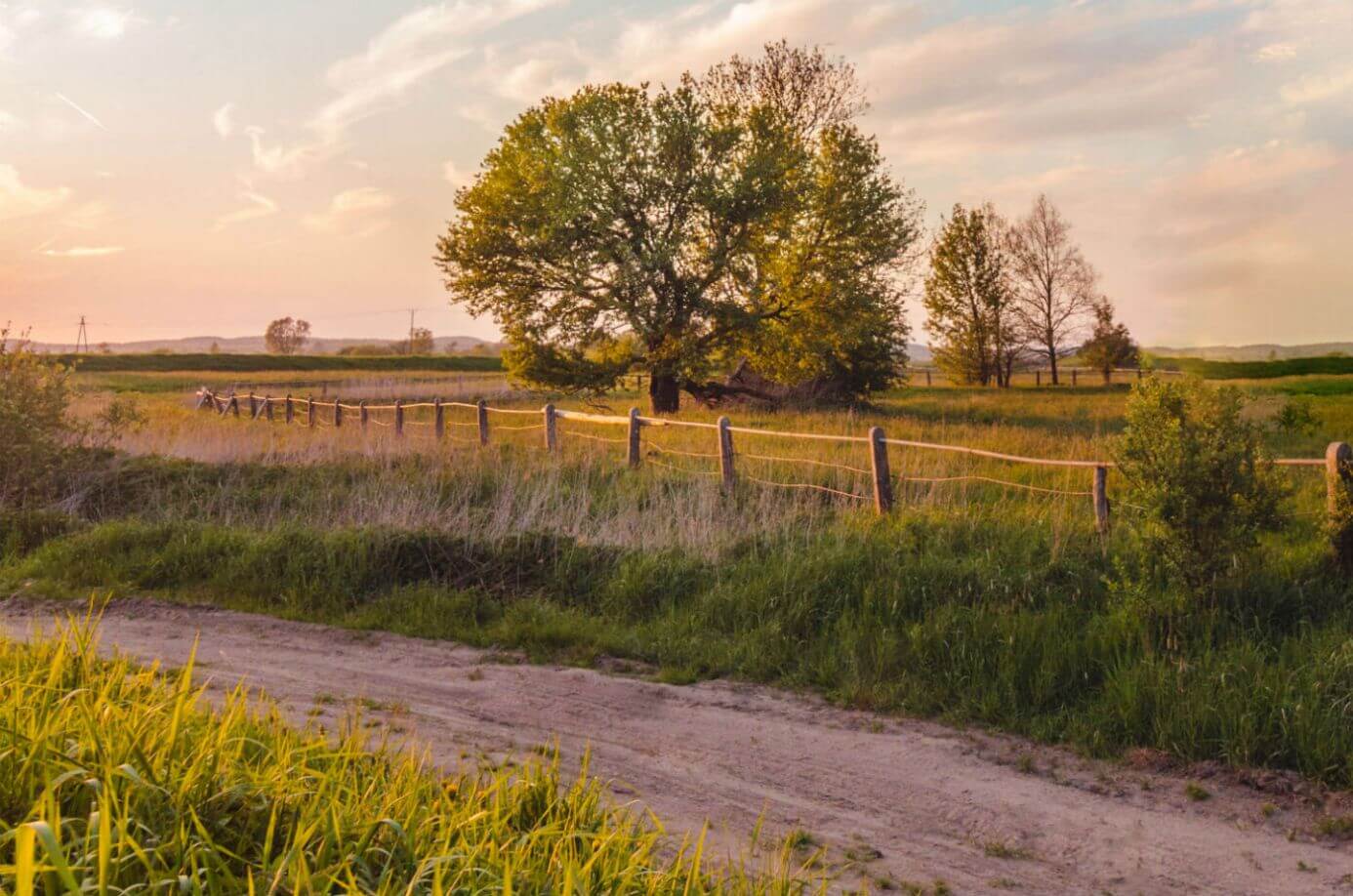
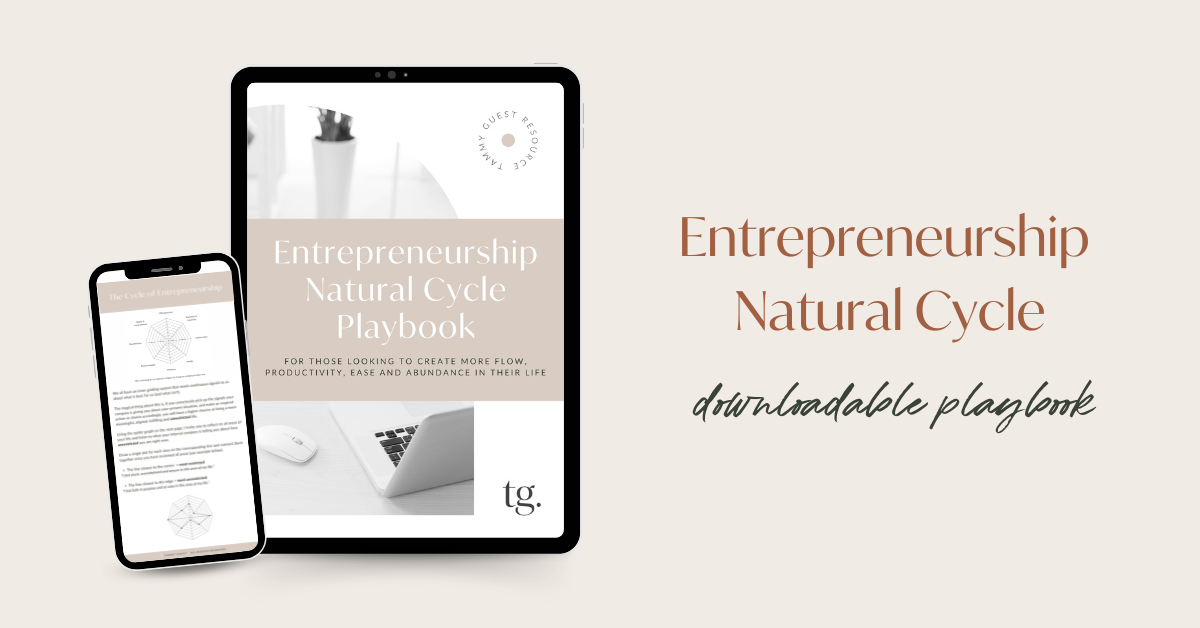
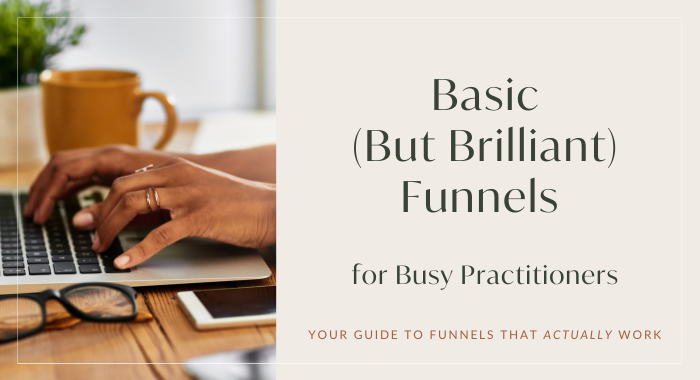
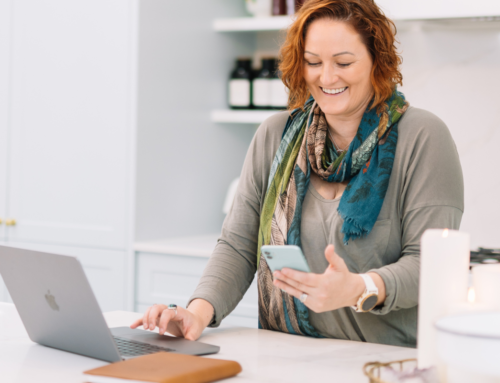
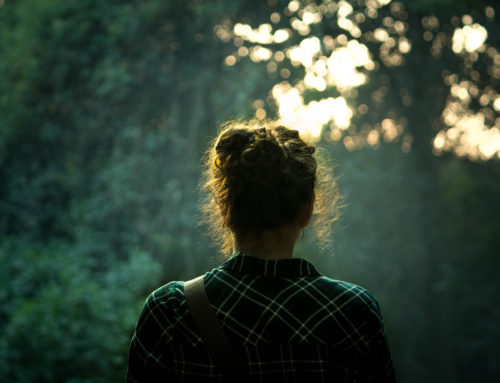
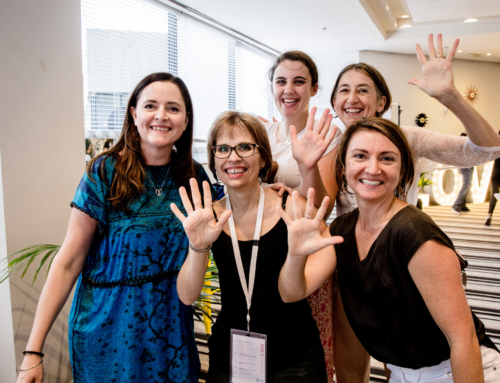


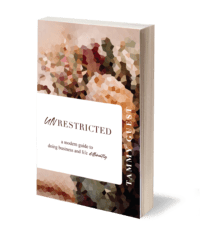
Leave A Comment